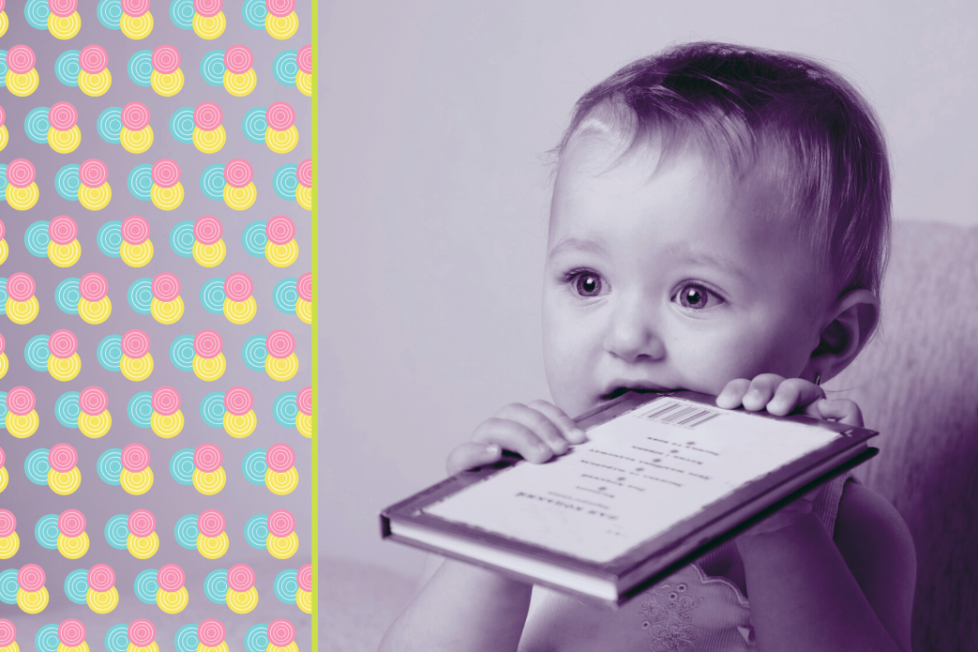‘Little scientists’: Kids prefer books that explain how the world works


A 2017 report by the Independent suggests kids ask upwards of 73 questions a day, often starting at breakfast and going full steam ahead, seemingly non-stop, until bedtime. For parents and caretakers, this can be exhausting, but experts say questions are an important data-gathering tool that helps children learn about the world and how to solve problems within it.
Kids are, at their core, little scientists — so the results of a new, small-scale study published in Frontiers of Psychology aren’t surprising.
In it, researchers found children tend to prefer storybooks containing casual information about how and why things happen.
The study involved 48 children between the ages of 3 and 4 in Austin, Texas.
“We read children two books: one rich with causal information, in this case, about why animals behave and look the way they do, and another one that was minimally causal, instead just describing animals’ features and behaviors,” Margaret Shavlik of Vanderbilt University, Tennessee said in a statement.
While the children were engaged with both types of books, when asked which one they preferred they tended to choose the one that was rich with information, Shavilk says.
“We believe this result may be due to children’s natural desire to learn about how the world works,” she added.
The results could help parents and educators find books that help spark a love of reading — and STEM.
Teaching kids to love learning is important, given research suggests that analytical thinking begins in the early years. Research also shows that learning at home boosts children’s academic success.
